The Ultimate Macro Calculator for Weight Loss is a powerful tool designed to help individuals achieve their weight loss goals through a clear understanding of macronutrients. By utilizing a simple calculator, users can easily track their daily intake of proteins, fats, and carbohydrates, ensuring they meet their specific dietary needs. The foundation of successful weight loss lies in maintaining a caloric deficit, and this calculator simplifies the process of determining how many calories one should consume each day to shed those extra pounds effectively.
With a variety of strategies to engage users, the calculator incorporates customizable features that cater to various dietary preferences, making it suitable for both beginners and experienced dieters. This flexibility allows individuals to experiment with their macronutrient ratios to find what works best for their unique bodies. Furthermore, implementing simple strategies for success, such as meal prepping and mindful eating, can complement the use of the calculator, leading to sustainable weight management. Through education and the adoption of these practices, individuals are empowered to take control of their health and develop a balanced, long-term approach to weight loss that fits their lifestyle.
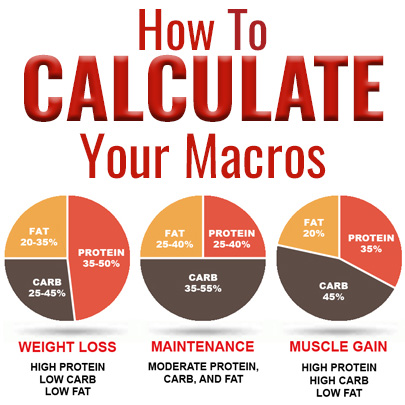
macro calculator for weight loss
How to Use the Ultimate Macro Calculator for Weight Loss
The ultimate macro calculator serves as an essential tool for anyone aiming to achieve weight loss goals. This step-by-step guide walks you through the process of leveraging the calculator to personalize your dietary needs.
First, determine your daily caloric needs. Input factors such as age, gender, weight, height, and activity level into the macro calculator. This will yield the total number of calories required to maintain your current weight.
Next, set your weight loss objectives. Decide on the target weight you wish to reach and the timeline for achieving it. A common recommendation is aiming for a loss of 1 to 2 pounds per week. This creates a sustainable approach to your goal.
Personalizing Your Macros
Once your caloric needs are established, it’s time to break down your macros. The three macronutrients—proteins, fats, and carbohydrates—should be balanced according to your lifestyle and preferences. A typical macro ratio for weight loss is:
| Macronutrient | Recommended Percentage |
|---|---|
| Protein | 25-30% |
| Fats | 20-35% |
| Carbohydrates | 40-55% |
Adjust these percentages to fit your preferences, whether you prefer a high-protein or low-carb diet. Make sure to track your intake to stay aligned with your goals.
Finally, incorporate regular exercise and monitor your progress. Utilizing the macro calculator consistently allows for adjustments in your meal planning, ensuring that you stay on course for your weight loss journey.
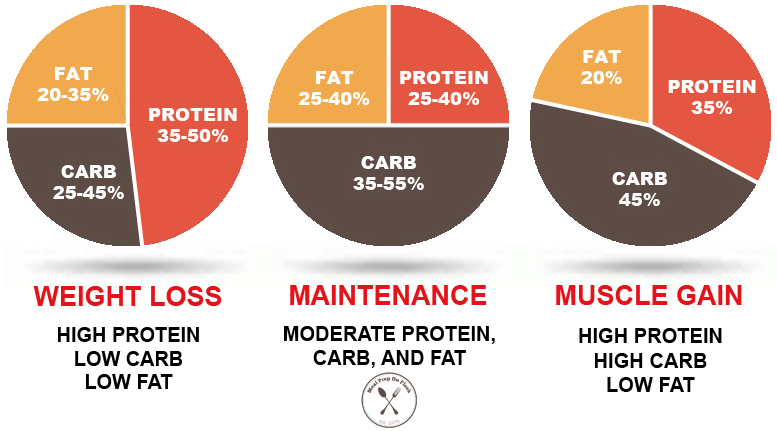
macro calculator for weight loss
Tips for Calculating Your Daily Macronutrient Needs
Understanding how to calculate your daily macronutrient needs is essential for achieving your fitness and health goals. Begin by determining your daily caloric intake based on your activity level, age, weight, and health goals. Various online calculators can assist in estimating your total daily energy expenditure (TDEE).
Once you’ve established your caloric needs, it’s time to break it down into macronutrients: carbohydrates, proteins, and fats. A common approach is using the macronutrient ratio suited to your goals. For instance, if you seek to build muscle, consider a ratio of 40% carbohydrates, 30% protein, and 30% fats. On the other hand, for weight loss, a lower carb intake may be beneficial.
For accurate dietary tracking, utilize apps or food diaries to monitor your macronutrient intake consistently. This helps adjust and fine-tune your diet according to your body’s response. Incorporate high-quality food sources; lean proteins, whole grains, and healthy fats are crucial for meeting your nutrient needs.
It’s worth noting that nutrient timing can enhance performance and recovery. Focus on consuming carbohydrates and protein around your workout times to fuel and repair your muscles. Additionally, making gradual changes to your macronutrient ratios can make achieving sustainable weight loss more manageable.
Finally, remember that everyone’s body is different. Experiment with different ratios and monitor how you feel and perform to find the optimal macronutrient balance that works for you. By being proactive and informed, you can take significant steps toward achieving your fitness goals and maintaining a healthy lifestyle.
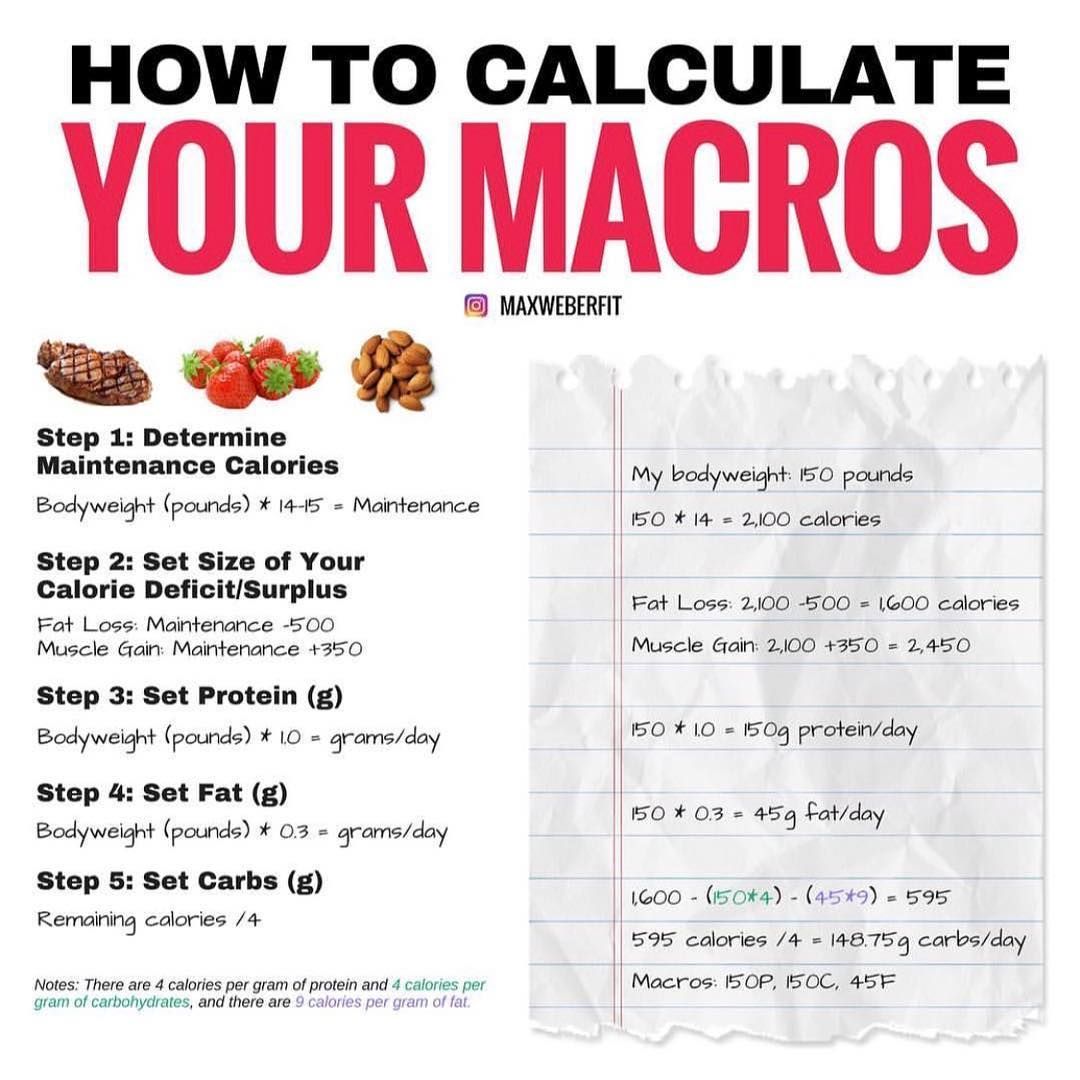
macro calculator for weight loss
Common Mistakes When Tracking Macros and How to Avoid Them
Tracking macros can significantly influence your weight loss journey, yet many individuals encounter similar pitfalls. Recognizing these common mistakes is essential for accurate tracking and sustained motivation.
One major mistake is failing to measure food portions correctly. Many people estimate serving sizes, leading to inaccurate macro calculations. To avoid this, invest in a reliable kitchen scale and always weigh your food to ensure precise measurements. This small change in routine can vastly improve your tracking accuracy.
Another common error is overlooking the tracking of all food items, including condiments, snacks, and beverages. These small items can add up and skew your macro balance. To rectify this, make it a habit to log everything you consume. Utilizing a dedicated macro tracking app can make this process seamless and help maintain an overview of your daily intake.
Many also struggle with consistency. Skipping days or failing to log meals can lead to gaps in data, which hampers progress. To stay on track, set reminders on your smartphone to log your meals at regular intervals. Create a routine that includes tracking macros as an essential part of your day.
Additionally, not adjusting macros based on progress is a frequent oversight. As your weight changes, your caloric needs will also shift. Periodically reevaluate your macro goals to reflect these changes. This adjustment can foster continued weight loss or maintenance, keeping you motivated during your fitness journey.
Finally, avoid becoming overly obsessed with numbers. While accuracy is crucial, stress and anxiety over small discrepancies can lead to burnout. Remember that achieving a healthy lifestyle is a marathon, not a sprint. Focus on the broader picture of macro tracking and sustainable habits rather than perfection.
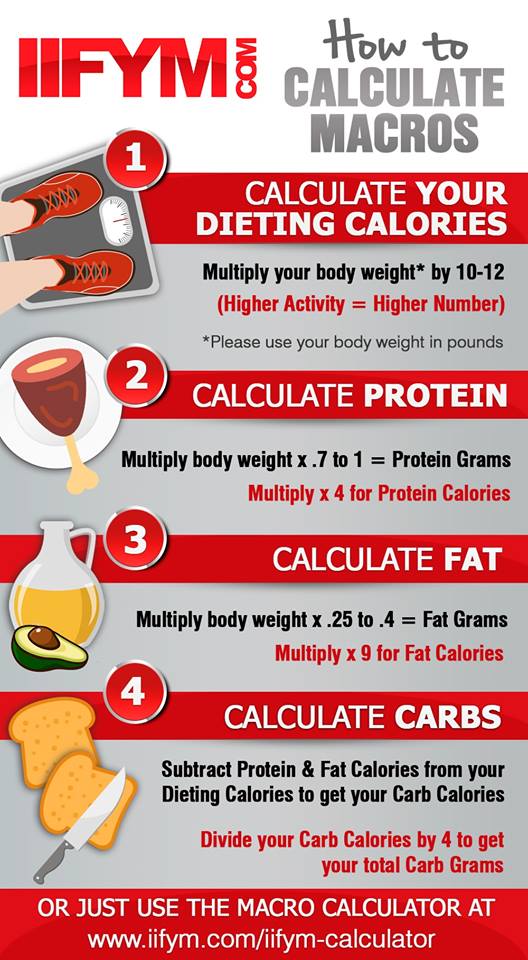
macro calculator for weight loss
Meal Planning: Crafting Balanced Meals with Your Macros in Mind
Effective meal planning is crucial for achieving your nutritional goals, especially when it comes to balancing your macros. Understanding how to construct meals that meet your macronutrient needs can lead to significant improvements in your health and weight loss journey. Start by calculating your daily caloric needs and determining the right ratio of carbohydrates, proteins, and fats that align with your lifestyle and fitness objectives.
When crafting balanced meals, prioritize whole, nutrient-dense foods. Incorporate a variety of lean proteins like chicken, fish, or legumes to ensure sufficient protein intake. Pair these with complex carbohydrates such as quinoa, brown rice, or whole grains, which provide energy and fiber. Don’t forget healthy fats from sources like avocados, nuts, or olive oil, as they are essential for hormone regulation and satiety.
For a successful meal prep, batch cooking is an excellent strategy. Prepare large quantities of your favorite proteins and grains at once, allowing for easy assembly of meals throughout the week. Utilize the freezer for keeping meals fresh, and invest in quality meal prep containers to keep your portions in check. Consider creating theme nights to add variety to your meals and make healthy eating more enjoyable.
To enhance your meal planning, search for macro-friendly recipes that cater to your taste preferences. There are countless resources online where you can find delicious ideas that meet your macro requirements. Experimenting with herbs and spices can transform simple dishes into flavorful, satisfying meals.
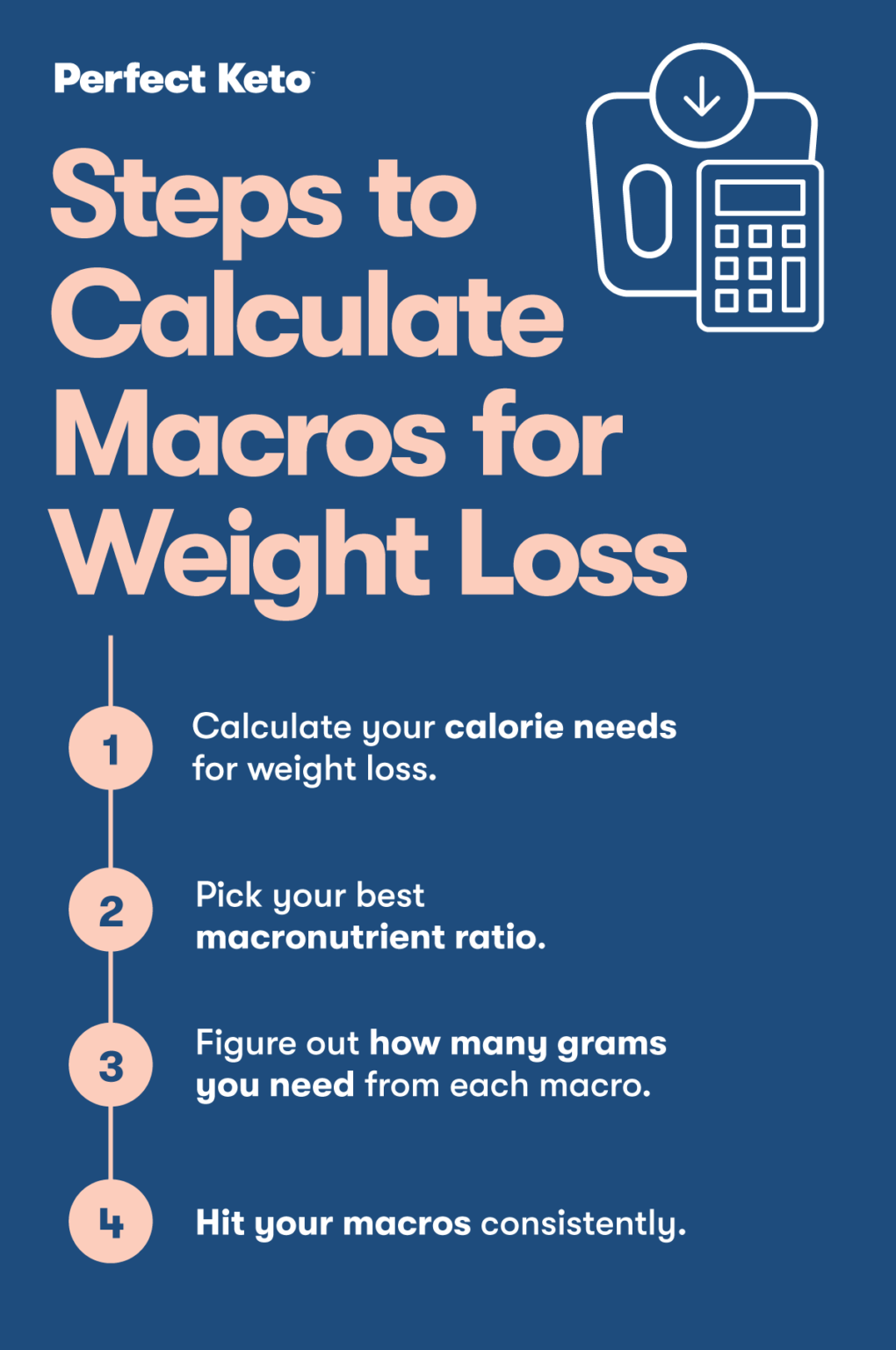
macro calculator for weight loss
Boosting Weight Loss Success: Supplementing Your Macro Plan
In the journey of weight loss, incorporating a well-structured macro plan is essential, but supplements can further enhance your results. Many individuals may struggle to meet their dietary needs through food alone, making nutritional supplements an effective addition to their routine. Key vitamins and minerals can play a crucial role in supporting overall health, improving energy levels, and facilitating macro nutrient absorption.
For instance, Omega-3 fatty acids are known for their anti-inflammatory benefits, which can assist in recovery post-exercise and enhance metabolic function. Including a quality fish oil supplement can ensure you’re meeting your daily needs, especially if your dietary intake of fatty fish is insufficient. Additionally, Vitamin D is vital for calcium absorption and can assist in reducing body fat, making it a critical component of any weight loss plan.
Another important supplement to consider is Magnesium, which helps with energy production and regulating blood sugar levels. A magnesium deficiency can lead to increased cravings and hinder effective fat burning. Furthermore, supplements such as probiotics support gut health, which is essential for proper absorption of nutrients and aids in maintaining a healthy weight.
When selecting supplements, it’s important to choose high-quality products from reputable brands. This helps ensure you’re getting the right dosages of essential nutrients like Zinc and B Vitamins, which are pivotal in energy metabolism. Moreover, understanding your body’s specific needs, possibly with the help of a healthcare professional, can lead to more personalized and effective supplement choices.
Ultimately, while dietary supplements can augment your weight loss strategy, they should complement a balanced diet and regular exercise rather than replace them. Embracing a holistic approach that combines macronutrient management with adequate supplementation is the pathway to achieving your fitness goals.
Staying Motivated: Mental Strategies for Long-Term Weight Loss
Maintaining motivation during your weight loss journey can be challenging, but implementing effective mental strategies can make a significant difference. One crucial aspect is setting clear and achievable goals. Break your overall weight loss objective into smaller, more manageable milestones, which can help sustain your motivation over time. Celebrate each success, no matter how small, to reinforce your commitment.
Tracking your progress is essential, but it’s vital to do so with a positive mindset. Focus on how far you’ve come rather than how far you have to go. Consider using a weight loss journal or mobile app to document your journey. This can provide insights into your eating habits and help you identify patterns. Remember, the psychological aspect of tracking macros is as important as the physical aspect; it fosters a sense of accountability and reinforces your commitment to your goals.
Incorporate mindfulness practices into your routine. Engage in activities such as meditation or yoga, which can help you cultivate a positive mindset and reduce stress. Stress often triggers emotional eating, so managing it effectively is key to your success. Additionally, surrounding yourself with a supportive community can bolster your motivation. Whether it’s friends, family, or online support groups, moral support can play a significant role in your weight loss journey.
Visual reminders of your goals can also be powerful motivators. Create a vision board featuring your aspirations, affirmations, and inspirational figures to keep your focus sharp. Remember, consistency is paramount in the pursuit of long-term weight loss. By employing these mental strategies, you can foster resilience and maintain the motivation necessary for your transformation.
The Importance of Flexibility in Your Macro Diet
Flexibility is essential for anyone pursuing a sustainable weight loss journey through a macro diet. Instead of adhering to strict and rigid meal plans, incorporating a level of adaptability allows individuals to navigate the ups and downs of life while staying committed to their health goals. When you are flexible with your macronutrient intake, you create a more enjoyable eating experience that can be maintained long-term.
One major aspect of maintaining flexibility in your macro diet is the ability to adjust your macro intake based on your progress and changing circumstances. As you lose weight, your caloric needs might decrease, necessitating modifications to adjust your macronutrient balance. Being open to this change enables you to continue seeing results without feeling deprived or overwhelmed.
Additionally, having flexibility in your diet makes social situations much easier to navigate. Whether it’s dining out with friends or attending family gatherings, being able to modify your meal choices without stress helps you avoid the feeling of isolation that strict dieting can often impose. You can enjoy the foods you love while still aligning your choices with your goals, which significantly enhances your overall wellness.
It’s also important to focus on mindful eating practices that allow you to tune into your body and understand its hunger cues. This approach fosters a healthy relationship with food and can help mitigate the fear of straying from your plan. By prioritizing intuitive eating within your macro diet, you create a balanced lifestyle that’s sustainable and enjoyable. Remember that the ultimate goal is not just weight loss, but also achieving a healthy and happy mind and body.
FAQ: Macro Calculator for Weight Loss
1. What is a macro calculator?
A macro calculator is a tool that helps determine the right balance of macronutrients—proteins, carbohydrates, and fats—in your diet to support your weight loss goals.
2. How does a macro calculator help with weight loss?
By accurately calculating your macronutrient needs, the calculator can guide you in creating a balanced meal plan that supports fat loss while preserving muscle mass.
3. What information do I need to use a macro calculator?
To use a macro calculator, you typically need to provide your age, gender, weight, height, activity level, and weight loss goals to get a personalized macronutrient breakdown.
4. Can I adjust my macros as I lose weight?
Yes, as you lose weight and your body composition changes, you may need to adjust your macronutrient ratios and caloric intake to continue progressing toward your goal.
5. Are there specific macronutrient ratios for weight loss?
While there are general guidelines, optimal macronutrient ratios can vary based on individual preferences, activity level, and specific goals. A macro calculator can help suggest ratios tailored to you.
6. Is tracking macros necessary for weight loss?
Tracking macros is not mandatory for weight loss, but it can provide valuable insights into your eating habits and ensure you are meeting your nutritional needs effectively.
7. Can I still eat my favorite foods while using a macro calculator?
Absolutely! A macro calculator allows flexibility in your diet, enabling you to incorporate your favorite foods as long as they fit within your daily macronutrient targets.
8. How often should I re-evaluate my macros?
It’s a good idea to re-evaluate your macros every few weeks or when you notice a significant change in your weight, body composition, or activity level to ensure continued progress.
